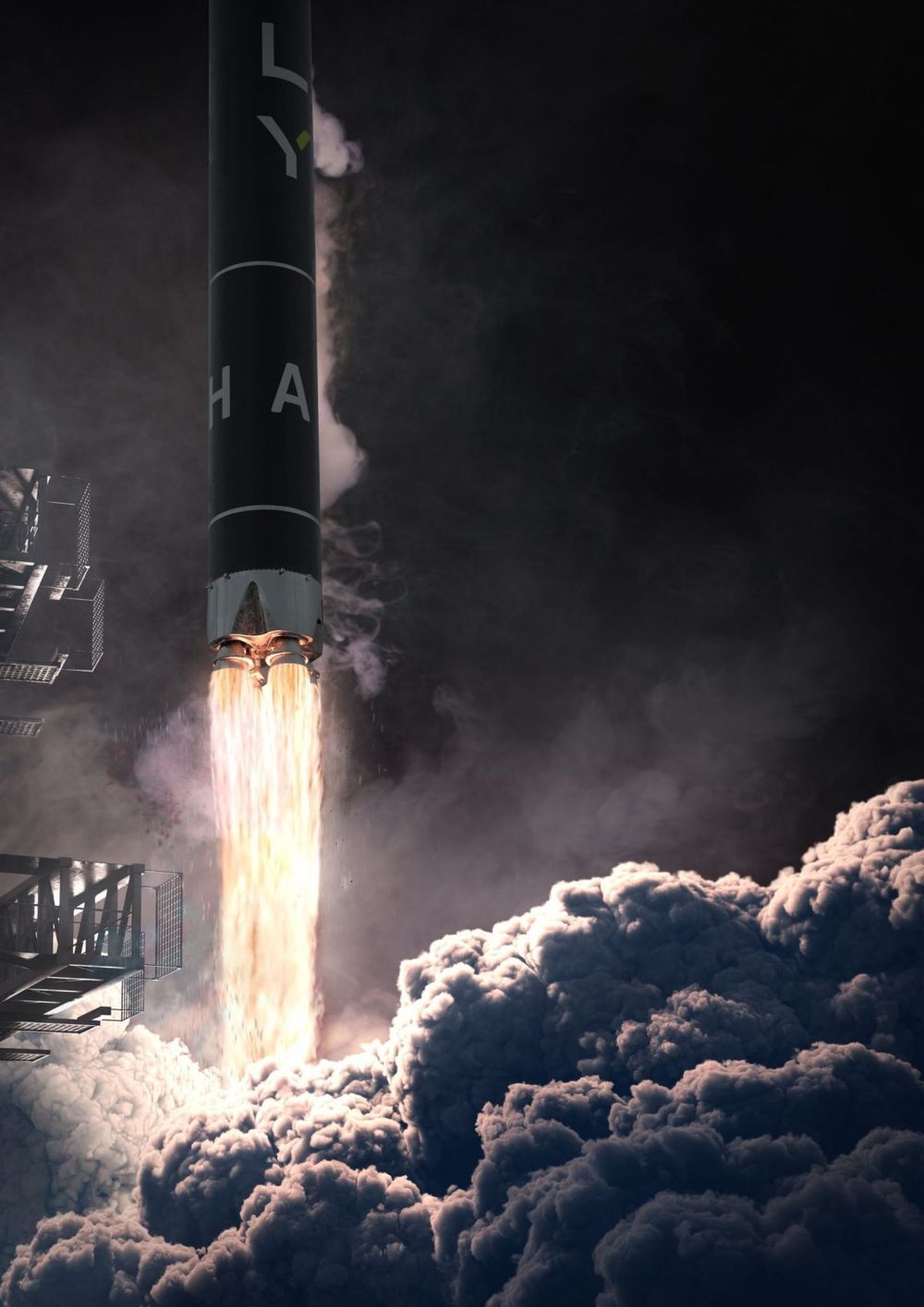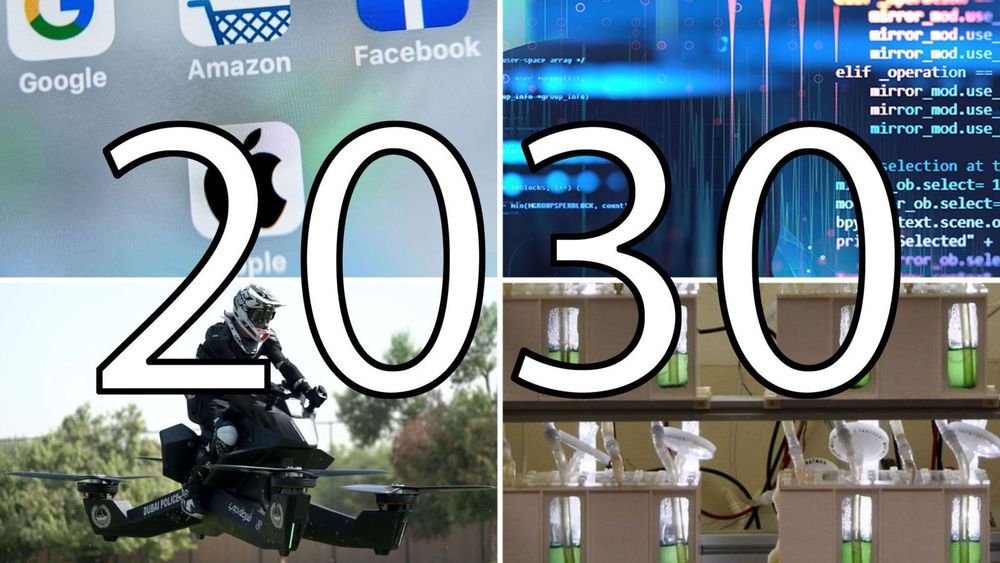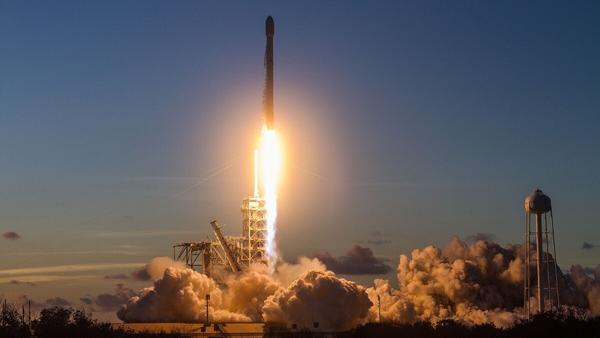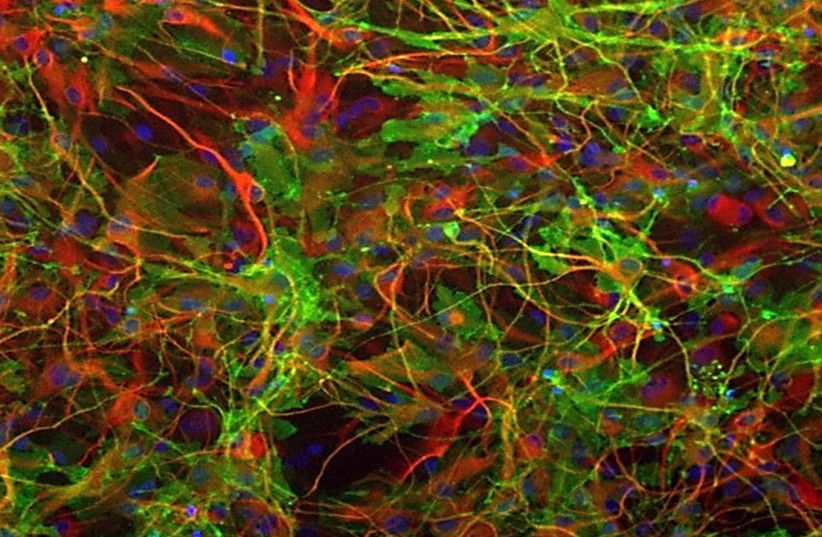The first launch of Firefly Aerospace’s Alpha rocket has pushed to April 2020 as the company prepares for a very busy year.



The last 10 years have seen a lot change in the world of technology — but what will the next decade bring us?
A decade ago the hottest smartphone on the market was the iPhone 3GS — a phone with a miniscule 3.5” display and a far cry from the 6.5” screen available on the iPhone XS today.
Speakers have got bigger too, now coming packed with integrated circuits allowing us to do our shopping from our living rooms just by talking.


Image Source: SpaceX
SpaceX’s first mission of 2020 will deploy Starlink satellites on Monday, January 6 –It will mark the first official launch supported by the new United States Space Force. A Falcon 9 rocket will lift off at 9:20 p.m. EST from Pad 40 at the Cape Canaveral Air Force Station in Florida. SpaceX conducted a static-fire test yesterday to prepare the rocket for the Starlink-2 mission.
Falcon 9 first stage booster supporting this mission previously launched a Starlink mission, the Iridium-8 mission, and the Telstar 18 VANTAGE mission pic.twitter.com/QdailzdG4o— SpaceX (@SpaceX) January 4, 2020
We use a convolutional neural network (CNN) to study cosmic string detection in cosmic microwave background (CMB) flat sky maps with Nambu-Goto strings. On noiseless maps we can measure string tensions down to order $10^{-9}$, however when noise is included we are unable to measure string tensions below.
$10^{-7}$. Motivated by this impasse, we derive an information theoretic bound on the detection of the cosmic string tension $Gμ$ from CMB maps. In particular we bound the information entropy of the posterior distribution of.
$Gμ$ in terms of the resolution, noise level and total survey area of the CMB.
Google, Microsoft, and Amazon are teaming up with Big Oil to squeeze more oil and gas out of the ground using machine learning technology.
Sources:
Brian Merchant (Gizmodo) https://gizmodo.com/how-google-microsoft-and-big-tech-are-au…1832790799
Christopher M. Matthews (Wall Street Journal) https://www.wsj.com/articles/silicon-valley-courts-a-wary-oil-patch-1532424600
Matt Novak (Gizmodo) https://paleofuture.gizmodo.com/article-from-1975-the-world-…1732903871
Kasia Tokarska
Daniel Civitarese
Ghassan AlRegib — https://ghassanalregib.info/
Google, Microsoft, and Amazon have been very vocal about their efforts to reduce the world’s dependence on fossil fuels. But as The Wall Street Journal and Gizmodo have reported, these same companies are currently teaming up with fossil fuel industry to help them squeeze as much oil and gas out of the ground as possible.
Oil has always been hard to find and hard to extract, and so the industry has teetered precariously on the edge of profitability several times over the course of its history. Over and over again, experts have predicted that we’ll soon run out of accessible, affordable oil — but so far, they’ve been wrong. Just when things look bleakest for black gold, new technology swoops in to keep the industry afloat.
Vox.com is a news website that helps you cut through the noise and understand what’s really driving the events in the headlines. Check out http://www.vox.com.




Specifically, AstroRx is a cell therapy product containing functional healthy astrocytes derived from human embryonic stem cells that aim to protect diseased motor neurons. The cells are injected in the patient through the spinal canal.
The company initiated its first ALS clinical trials in March 2018.
Prof. Michel Revel, founder and CEO of the company and winner of both the EMET Prize and the Israel Prize, said that the clinical trial results “provide the confidence needed to move forward” with cohorts B and C, which he said both “hold the potential for a prolonged response.”